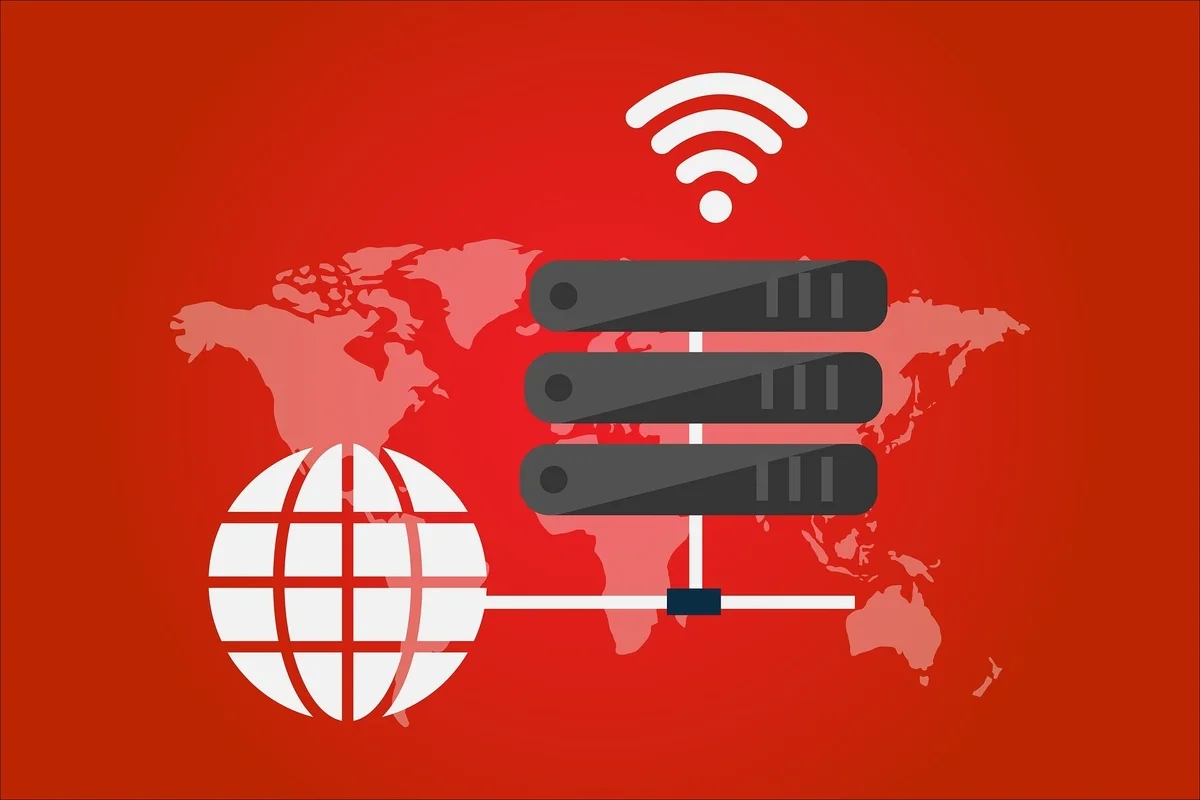
We recently covered an in-depth article on how a VPN slows down your connection, listing down as to what a VPN is, how it functions and, how it can throttle your connection in order to provide additional security. This might have sent you down the rabbit hole of questions that a VPN poses, with one of the key ones being addressed in today's article.
When one makes use of a VPN, it always advertises enhanced security, better privacy and, at times, the ability to access content that is either region locked or banned in a certain location. We covered how using a VPN can throttle your connection, which, according to us is not really a con, since it is the result of better security.
However, with every tech feature and product, there are sets of pros and cons, with the pros usually outweighing the cons. We thought of covering some common issues that a user might face when using a VPN, in order to keep you ready in case you download a VPN and are unaware of the issues that might plague you in the long run.
What Are Some Common Issues Faced By VPN Users in India?

The use of a VPN is usually advised when you are say travelling or in a shady location. Using a VPN would provide an additional layer of security, which is especially useful in a scenario where consider you are connected to a free Wi-Fi network and do not trust that it can handle your data.
But, that does not mean that a VPN is all pomp and frill since it has its own set of limitations, some of which might bother you more than you would expect it to.
1. Slower Connection: This is something that was discussed in detail yesterday, but, for a minor recap, using a VPN means encrypting all of your online activity, but, this comes with the price of a slower connection.
This is not a bug, rather it is the amount of time it takes to encrypt your data. If you have the patience this should not bother you, but, if you are in a bit of a hurry, it might get on your nerves, especially in the case of content streaming, since you would not want to wait around for the movie to buffer on for eternity.
2. Stronger Anti-VPN Software: Major streaming services such as Amazon Prime or Netflix have started becoming aware of the VPN debacle and they are trying to combat the same by using a VPN blocker. Why is this an issue you ask? Well, Netflix has certain content that is either banned or region-restricted and, if a user can get through that, it does not bode well for the platform.
There are some VPNs that can get through these blockers, but this a worry nonetheless, so, check whether or not your VPN supports content playback because it would be a bummer to splurge on a good VPN only to find out that it does not let you access the content you wished to see.
3. Connection Drops: The final major issue that you might face whilst using a VPN is that of frequent connection drops. With a reliable VPN service this should not be an issue, but, it might occur from time to time even for the most premium and well-rated VPNs. The main issue is regarding the encryption drop, since, once that occurs, your IP address gets exposed and, if you are being private, that will defeat the purpose.
Certain VPNs come with a feature to shut down internet access once the connection drops, which is the best option to protect your IP address in case of a drop.
All this begs the question of whether or not a VPN should be used. The simple answer, Yes. There are some issues, key of which have been listed here, but, the use case and overall pros outweigh the cons and, they do by a decent margin. So, in case you do need that extra privacy, a VPN is your best bet.















